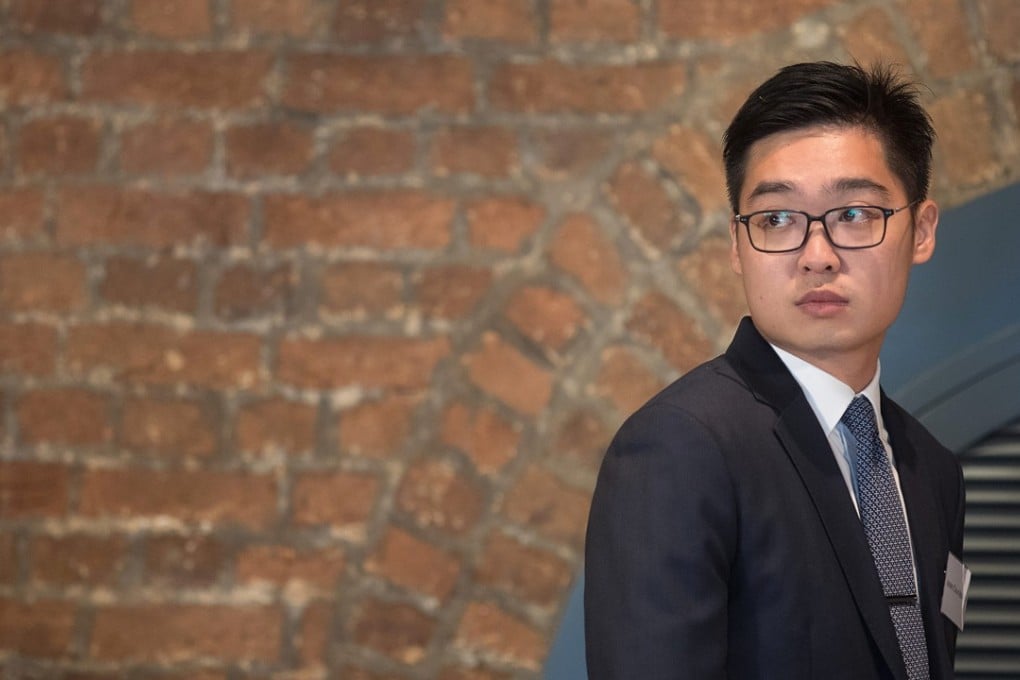Separatist leader Andy Chan cannot be charged under current Hong Kong law, city lawyers say
A top Beijing official said the HKNP leader could be prosecuted under Article 9 of the Crimes Ordinance. But local legal minds say that requires incitement to violence.

Legal experts interviewed in Hong Kong on Thursday were unanimous in expressing doubts over whether a law covering sedition could be used against separatist party leader Andy Chan Ho-tin and the Foreign Correspondents’ Club, which hosted his speech, as proposed by a top Beijing official.
The heads of the barristers’ and solicitors’ bodies and an adviser to Chief Executive Carrie Lam Cheng Yuet-ngor were among those who gave this view, after Chan’s fiery speech on Tuesday – denouncing China and insisting on independence for Hong Kong – attracted condemnation from Zhang Xiaoming, the director of the State Council’s Hong Kong and Macau Affairs Office.
Zhang said Chan, leader of the Hong Kong National Party (HKNP) could be charged under Article 9 of the Crimes Ordinance and the FCC could be dragged in for helping him.
But Bar Association chairman Philip Dykes said: “Even for a seditious speech, the law has always been subject to qualification that one has to stir up discontent and violence to people who hear it.”
“Words of independence are not enough [to prosecute Chan], it’s got to go further,” Dykes, who has been vocal on constitutional and human rights matters in the city, said.
I don’t see a plausible case, unless the talk of independence was made by a person so influential that he can stir up social disorder – not someone like Chan
Executive councillor Ronny Tong Ka-wah said it was possible for someone to be prosecuted for sedition under Article 9.